How Mt Kenya Towns Turned from Civic Pride to Political Battlegrounds
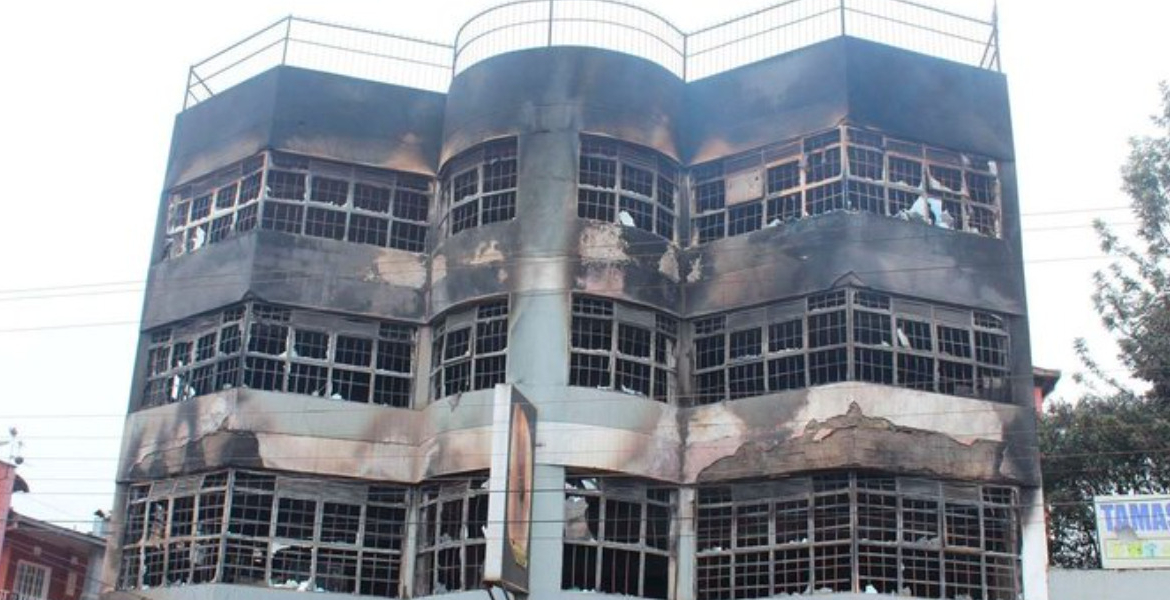
Towns across Kenya's Mt Kenya region, historically known for their stability and civic engagement, are experiencing a surge in politically motivated unrest ahead of the 2027 General Election.
Once defined by community-oriented activism, localities from Embu to Murang'a are now grappling with widespread destruction, looting, and deadly confrontations.
The escalating violence, a departure from the region's history of socio-economic protests, includes coordinated attacks on property and law enforcement. In late June, Ol Kalou, Nyandarua County, suffered an estimated Sh200 million in damages when youths set fire to county offices and dozens of vehicles.
Similar incidents have been reported in Makutano in Meru, Kabati in Murang'a, and Ruiru in Kiambu, signalling a worrying trend. Central Region Acting Commissioner Joshua Nkanatha has voiced concern over the shift from issue-based agitation to politically charged aggression, describing it as a distortion of community spirit.
"This is not in the spirit of Mt Kenya. We are not known for destroying our livelihoods. The government is doing all it can to restore order," he said, highlighting fears within the security establishment that legitimate grievances are being exploited by criminal elements and politically aligned actors.
Private business owners have been particularly affected by the unrest. Annabel Njambi, owner of County Supermarket in Murang'a County, reported significant losses after four of her outlets were ransacked during violent protests.
"The gangs must have been sponsored," she claimed, adding that police officers were passive during the incident. "Police officers did nothing. It's not hard to see the plot and who's behind it."
This perceived inaction of law enforcement has deepened public mistrust and raised questions about preparedness and political neutrality within security ranks.
The unrest reflects a broader breakdown in leadership, according to Rwathia Distributors Director Kanene Kabiru. While acknowledging the validity of protestors' grievances, he criticised their methods, asserting, "We are being economically crucified by a political elite in disarray. Protests must not mean the end of enterprise."
Kabiru called for national leadership to reassert responsibility and prevent political rivalries from spiralling into chaos. Political analyst Professor Peter Kagwanja contextualised the violence within the historical arc of regional agitation.
"People in Mt Kenya used to protest against illicit alcohol and illegal dumping," he explained. "We are now witnessing destruction of property, battles with police, looting and even murder."
He contrasts the current tensions with past confrontations, which largely focused on gang suppression or community-led justice initiatives. Kagwanja points to the spectre of partisan manipulation hanging over the protests, threatening not just property but the social fabric itself. The transformation of Ol Kalou, once overshadowed by Nyahururu, into a new theatre of unrest is particularly symbolic.
A peaceful commemoration on Saba Saba Day quickly escalated into riotous clashes, diverting law enforcement resources and causing spillover damage to neighbouring shopping centres. Veteran resident John Maina links Ol Kalou's emergence with the historical legacy of Nyahururu, known for its defiance during the struggle for multiparty democracy.
"Nyahururu was a hotspot... It was here that attacking police officers with bees was first tested, and it worked," he recalled.
These imaginative tactics reflect a longstanding culture of grassroots resistance, now seemingly revived with less discipline and greater fury. Religious and civic leaders in Ol Kalou are expressing unease about the direction local politics is taking. Cleric Francis Kimani attributes rising tensions to opposition leaders allegedly encouraging youth radicalisation.
"Like in the 1990s when Nyandarua had radical politicians, the current leaders... are influencing the youth to be defiant," he observed.

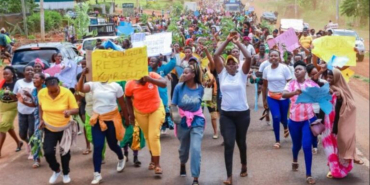
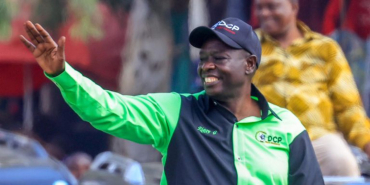
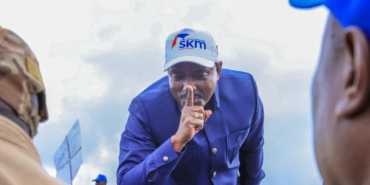
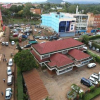


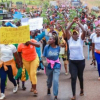
Add new comment